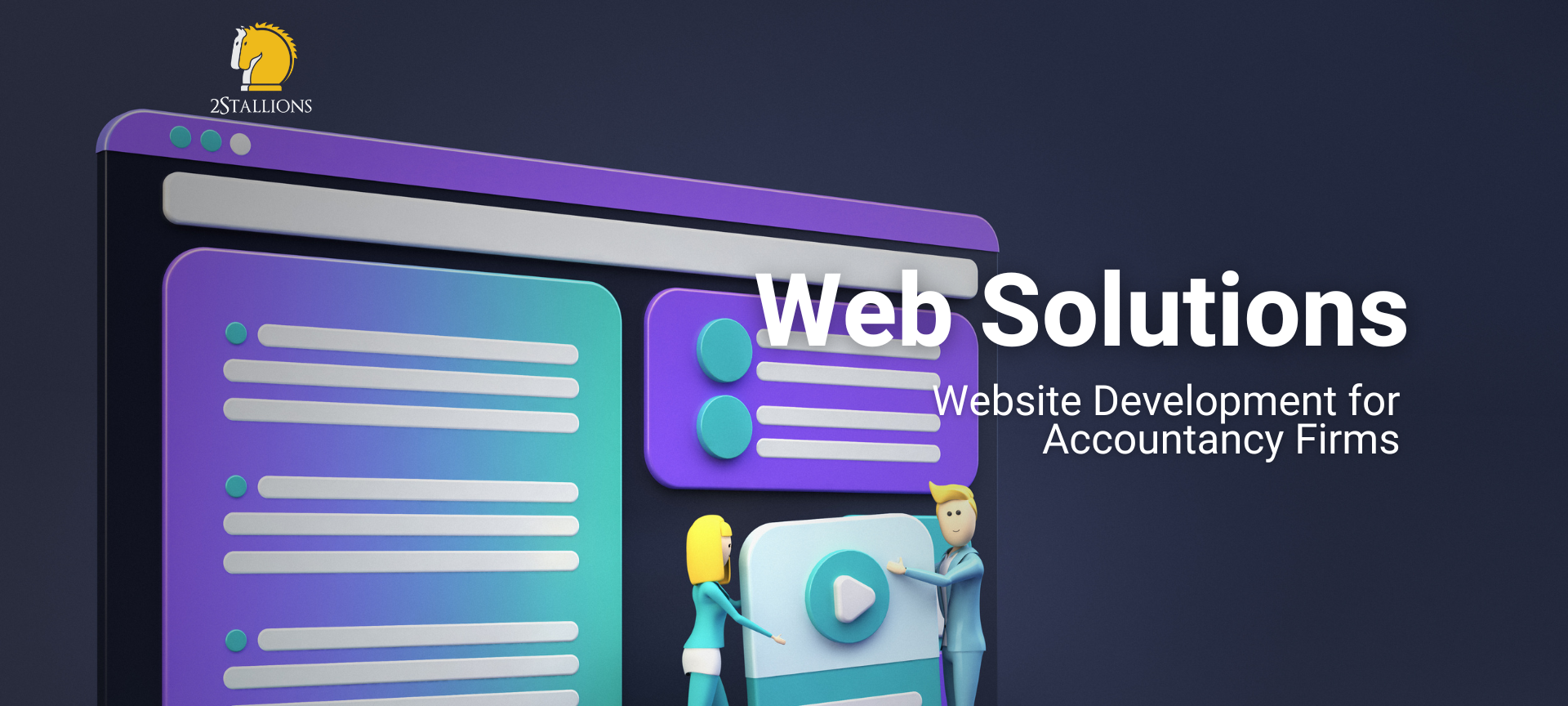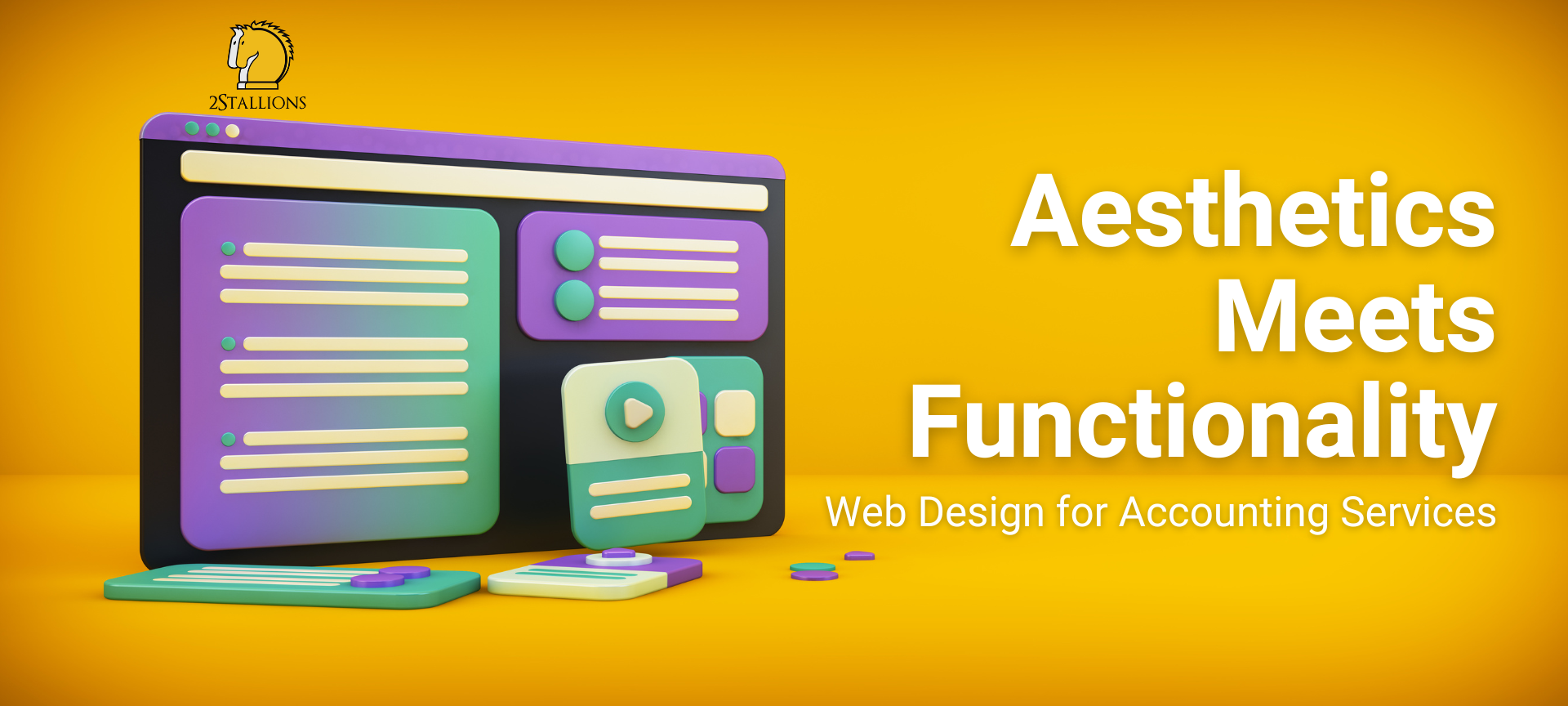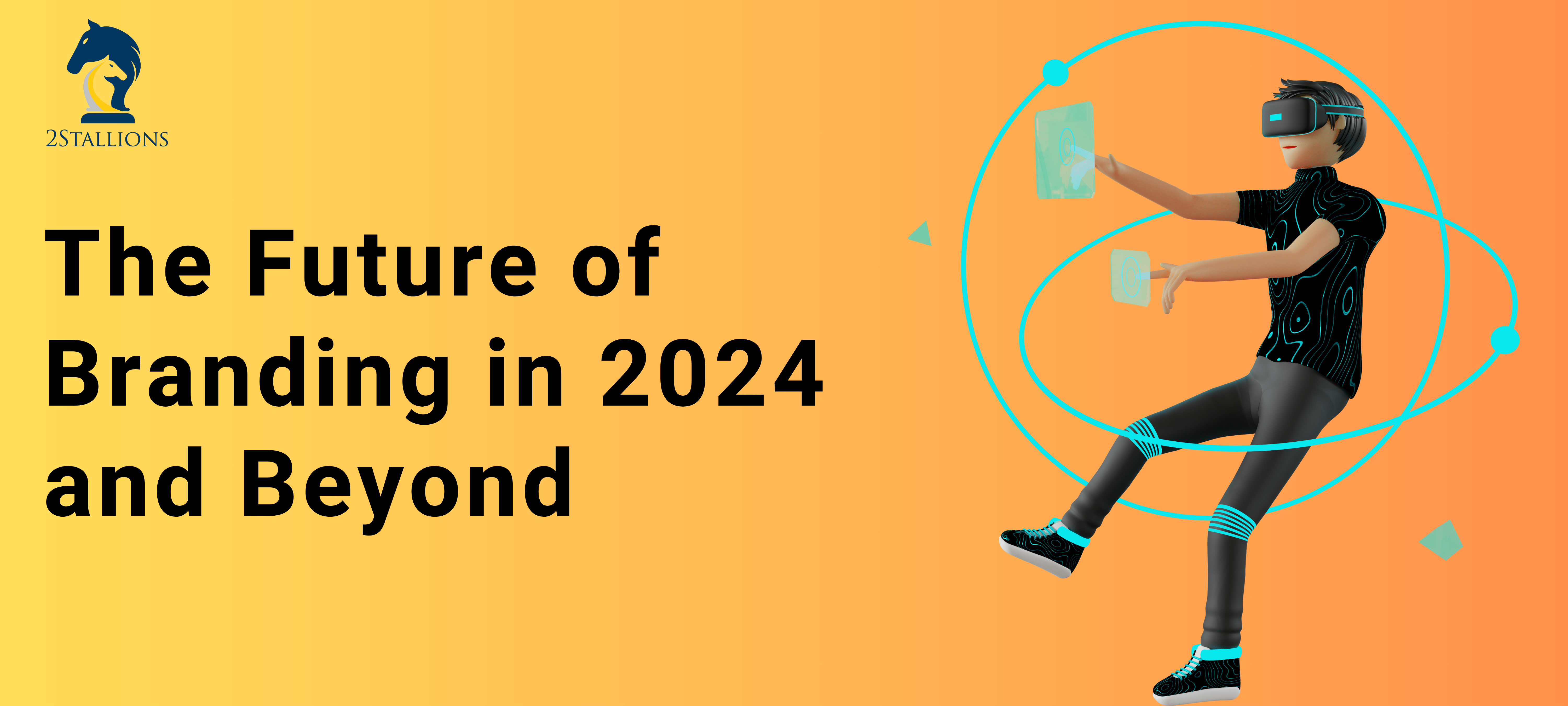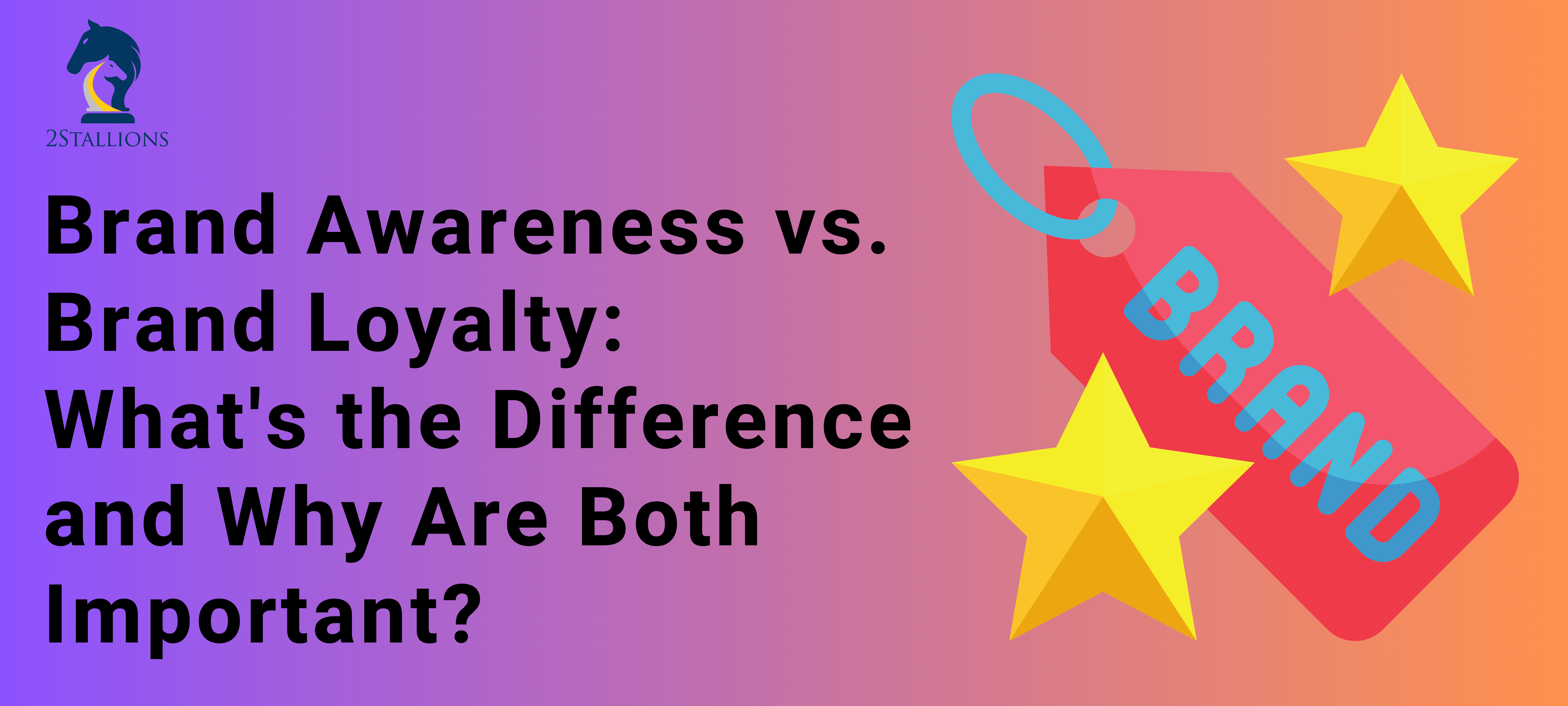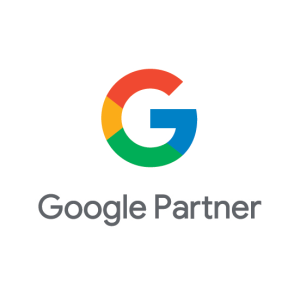SHARE
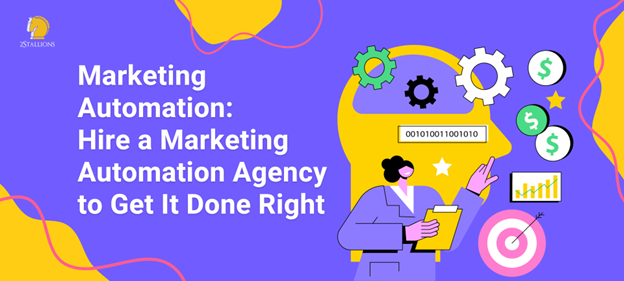
Did you know that a significant 51% of companies are currently leveraging the power of marketing automation? If you’re contemplating this technology, you have two paths to choose from. You can either acquire automation software for your business or consider collaborating with a proficient marketing automation agency.
While it’s feasible to kickstart your automation journey immediately, we highly recommend partnering with an automation agency as they are instrumental in ensuring you get the most value out of your investment. They can oversee your campaigns, streamline workflows, and enhance customer experience.
The questions that arise, however, are these: Are you prepared to embrace marketing automation, and how well-versed are you in this strategy?
To facilitate your journey into marketing automation, we’ve compiled a comprehensive guide encompassing everything you need to know.
Contents:
Where to Use Marketing Automation?
How Does Marketing Automation Help Businesses?
When Should You Hire a Marketing Automation Agency?
Marketing Automation Agency vs. In-house Marketing Team
Defining Marketing Automation
In its most basic form, marketing automation can be defined as the practice of automating essential tasks such as email campaigns, social media posts, and other digital marketing initiatives.
This process relies on specialised automation software, a versatile tool designed to efficiently execute a wide range of tasks at scale, including:
- Engage customers across multiple channels (i.e., social media, email, SMS, etc.)
- Target customers with automated and tailored content pieces.
- Streamline customer data and business processes.
- Capture data and increase conversions.
- Supercharge marketing analytics.
Marketing Automation Glossary
For someone new to the world of marketing automation, it’s easy to get overwhelmed with unfamiliar jargon.
Here are some of the key terms to learn the magic of automation:
A – H
- Abandoned cart – this happens when someone places an item in their online shopping cart but doesn’t complete the purchase.
- Anonymous visitor – is a special account name given to people who visited or made a purchase in your store but aren’t part of your CRM.
- Behaviour-based marketing automation – refers to a system that triggers communications based on user activity.
- Brand advocate – a person who proactively elevates your brand via social or through word-of-mouth marketing.
- Buyer’s journey – describes a customer’s path to purchase.
- Call-to-action – a piece of content (i.e., button, banner, etc.) that encourages customers to take action.
- Conversion optimisation – is the process of testing and optimising landing pages, buttons, CTAs, language, images, and more for better conversion rates.
- Conversion rate – is the percentage of converted site visitors.
- CRM – short for customer relationship management, this process manages interactions with customers or prospects.
- Cross-channel analytics – reporting lets you analyse multiple data sets across various channels.
- Cross-platform marketing – refers to your ability to execute engagement regardless of what device (i.e., laptop, tablet, PC, etc.) customers use.
- Drip marketing – is a popular email marketing strategy to nurture prospects or leads.
- Days to close – refers to how long it takes for your contacts to convert from a lead to a customer.
F – O
- First-time visitor – describes someone who visited your website and purchased your product or service for the first time.
- Interruption-based marketing – is a type of marketing that cuts into the audience’s activities so they can focus on your promotional message.
- Known visitor – refers to someone who visited or made a purchase in your store and is currently part of your CRM.
- Landing pages – are static web pages you can create from within a marketing automation platform without the help of your web development team.
- Lead magnet – also known as gated content, refers to any content that visitors access after providing personal information.
- Lead source – refers to the channel or method through which a lead discovers your brand. Examples are social media, organic search, paid search, and more.
- Multi-channel marketing automation – is the strategy of using multiple channels to reach customers at some point in the customer’s journey.
- Nurture campaign – is another type of email where emails are sent out on the basis of a lead’s behaviour.
- Opportunities – are contacts who have become a real sales opportunity in your CRM database.
P – Z
- Permission-based marketing – is a type of marketing where brands ask for the consumer’s permission before sending promotional offers and other information.
- Personalisation – refers to the method of obtaining a natural placement and getting results.
- Repeat purchase – indicates customer loyalty to your brand; it happens when customers return to your business for another purchase.
- Revenue performance management– is a process of optimising revenue performance.
- Segmentation – refers to the approach of separating your target audience into personas with different needs and preferences.
- Smart list – a list that automatically adds contacts based on the criteria you set out.
- SQL – short for a sales-qualified lead, this refers to a potential customer that’s been researched and vetted by the marketing and sales teams.
- Static list – is a list of contacts you upload once and doesn’t update automatically after that.
- Triggered emails – are behavioural or transactional emails sent to subscribers based on certain conditions.
- Workflow automation – is the act of designing, streamlining, executing, and automating a series of tasks across work-related activities.
What Is Marketing Automation & How Does it Work?
Marketing automation helps marketing and sales teams improve interaction with leads, prospects, and customers. It allows them to capture data, manage the acquired data, and run campaigns that lead to purchases.
Leads are the lifeblood of any company. Without leads, businesses wouldn’t have prospects to convert into customers.
Thankfully, automation software solutions aid in optimising the entire lead management process, from lead generation to lead qualification and up until lead nurturing.
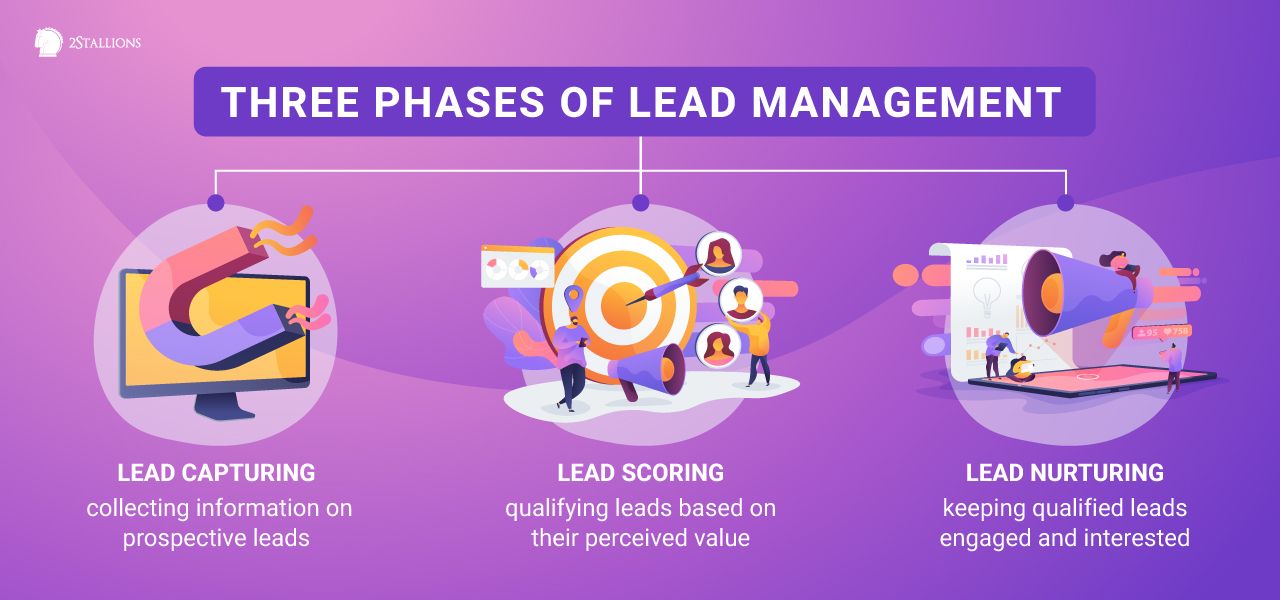
Suppose you have a website and want to drive visitors to your site. The first step to take is lead capturing. One way to acquire leads is by capturing the email addresses of your visitors—and marketing automation does that job pretty well.
The best automation tools enable you to create and automate lead magnets for your business. Lead magnets, such as eBooks, free trials, and first-purchase discounts, are popular content that entices readers to opt into your email list.
Lead scoring or qualifying is the next step to lead management. Leads are assessed based on background, demographics, interest levels, buying potential, page visits, visit duration, and other parameters.
Marketing automation provides you with these insights and lets you determine whether they’re cold leads (information-qualified leads), warm leads (marketing-qualified leads), or hot leads (sales-qualified leads).
Lead nurturing is the last and most essential phase of lead generation strategy. Half of your captured leads are cold leads or need to be sales-ready, so you must nurture them and lead them to the end of the sales funnel.
One of the greatest benefits of marketing automation is that it allows you to engage leads in various ways, including drip marketing, personalisation, and triggered emails.
Marketing Automation Tools
Various software types fall under the umbrella of marketing automation. However, some definitions may broaden this category to encompass systems for inventory management, pricing, distribution, revenue management, and competitive intelligence.
Here’s a list of distinct marketing automation tools and their functions:
- Segmentation and Targeting Tools: These tools leverage CRM data and other data sources to create, refine, and segment audiences, as well as maintain updated target lists.
- Lead Scoring and Modeling Tools: Designed to operate across multiple campaigns and lines of business, these tools help identify and prioritise leads based on their likelihood to convert.
- Design Editors: Users can create responsive emails, landing pages, and forms without relying on IT or agency support, making them essential for visually appealing and user-friendly content.
- Workflow and Content Management Tools: These tools facilitate the management of process workflows and content, streamlining operations and ensuring efficient content production and distribution.
Marketing automation encompasses a range of tools that streamline and enhance various aspects of marketing, from audience segmentation to lead scoring, content creation, and workflow management.
While some definitions may extend their scope to include other business functions, these core tools empower businesses to deliver more targeted, efficient, and impactful marketing campaigns.
By understanding and leveraging these automation tools, organisations can adapt to the evolving marketing landscape, reaching their goals with greater precision and effectiveness.
Where to Use Marketing Automation
You know now that automation software solutions do many things. However, navigating such technology can be difficult for beginners, especially if they’re expecting results—this is why we recommend hiring a marketing automation agency instead.
Here are other areas where marketing automation comes in handy:
1. Social Media Marketing
Social media is a powerful platform as it helps brands engage with customers offline and online. It’s no secret that companies leverage their social media marketing to widen their reach and increase web traffic.
However, managing your social media account and posts is no easy feat. You’ll have to stay online to ensure your profile stays on top of users’ feeds—but not when you use marketing automation.
Automation tools free up your time by allowing content curation and scheduling social media posts in advance. For instance, you can pre-write Facebook posts and schedule them to go live at a specific date and time.
2. Relationship Building
Positive customer relationships are an essential ingredient for business success. Don’t wait for your leads or prospective customers to turn sour with one poor customer service experience. Here’s how you can use marketing automation in relationship building:
- Automate customer feedback through surveys or reviews
- Implement a live chat feature to supercharge your customer service
- Create automated chatbots so customers won’t wait till you go online
3. Email Marketing
Like social media, email is an essential platform for a winning digital marketing campaign. Email marketing keeps you connected with your leads, prospects, and past and current customers.
If you have a substantial email list and aren’t getting results, it’s time to use email marketing automation. Email automation software plays a pivotal role in keeping leads engaged and converting them into paying customers. The best automation tools should do the following:
- Set up and send out email blasts at designated times
- Send email follow-ups and cart abandonment emails
- Send automatic email responses and automate outgoing emails
- Automate trigger-based emails (i.e., birthday, inventory updates, events, etc.)
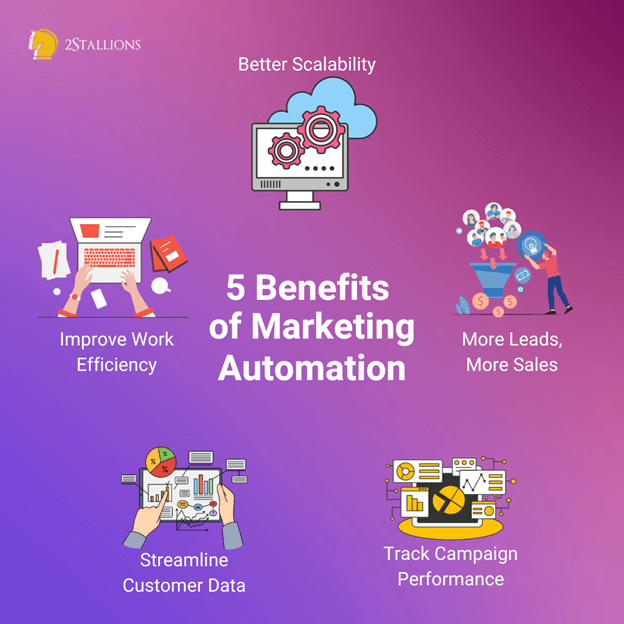 5 Benefits of Marketing Automation
5 Benefits of Marketing Automation
Are you still questioning the worth of marketing automation despite its many capabilities? If you’re still not convinced yet, here are five reasons to get started with automation:
1. Improve Work Efficiency
There’s no question that automation software solutions are digital time-savers— they automate a handful of tasks and processes, enabling you to get more value from your time.
Not only does marketing automation save you time, but it also boosts your productivity. You can steer clear of the manual sending of emails or publication of social media posts since the software can do it on your behalf through automation.
2. Better Scalability
When you invest in marketing automation software, you’ll automatically have a partner for scalable growth. The technology lets you adapt to changing volumes and meet new revenue targets.
For instance, you reached a wider audience and increased your lead volume. The right automation platform should handle your needs and empower your team to generate better returns.
3. More Leads, More Sales
Marketing automation is a game-changer when it comes to providing personalised experiences. While some people think it’s impossible to marry automation and personalisation, that’s not the case.
Segmentation, a process of splitting your email list based on engagement and user data, makes the union possible. By segmenting leads, you can understand their needs and provide customised content (i.e., email campaigns, social media content, etc.). This step helps you transition them from qualified leads to customers.
4. Streamline Customer Data
Should we say more? Marketing automation gives you a 360-degree view of your potential customers’ behaviours. The tool collects and stores customer profiles, which you can access to see how everyone engages with you at every touchpoint of your buyer’s journey.
5. Track Campaign Performance
The best automation software offers campaign analytics that allows you to make sense of your data. This feature allows you to measure your campaign’s performance and determine what’s working and what’s not.
When Should You Hire a Marketing Automation Agency?
Have you decided whether to hire the services of a marketing automation agency or do the automation yourself?
Before you continue pondering, we suggest checking your business’ current health. What made you think marketing automation is for you? How did the idea of partnering with an automation agency come to mind?
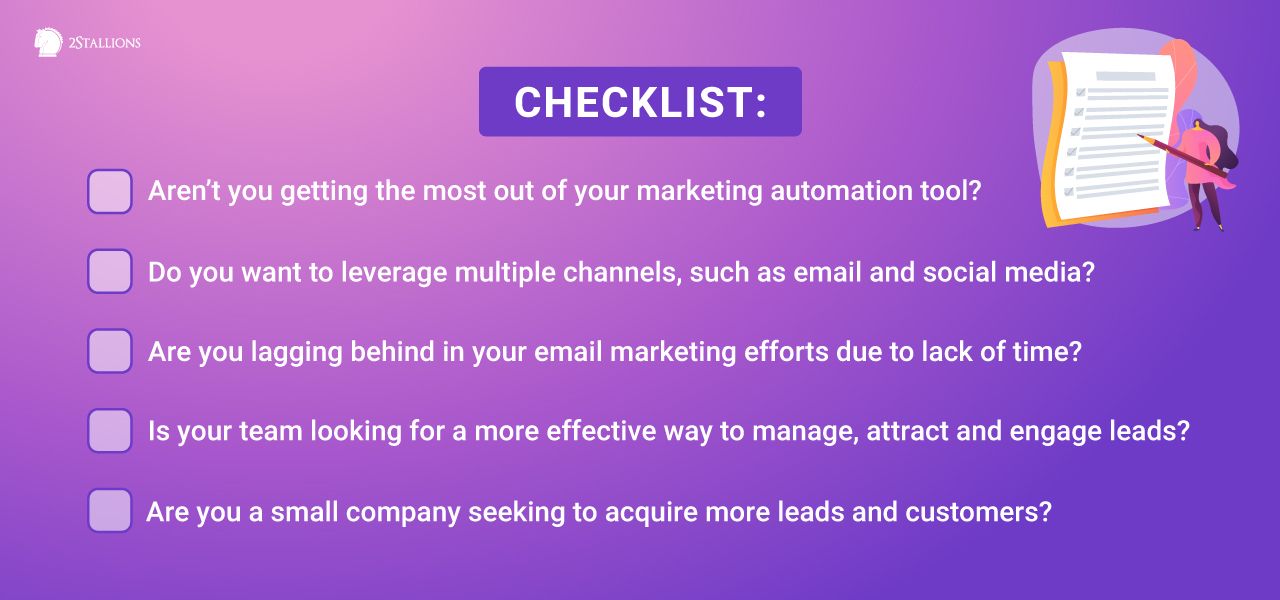
Does this sound like you? If you answer yes for most of the points on the checklist above, it’s high time to seek help from automation experts.
Marketing Automation Agency vs. In-house Marketing Team
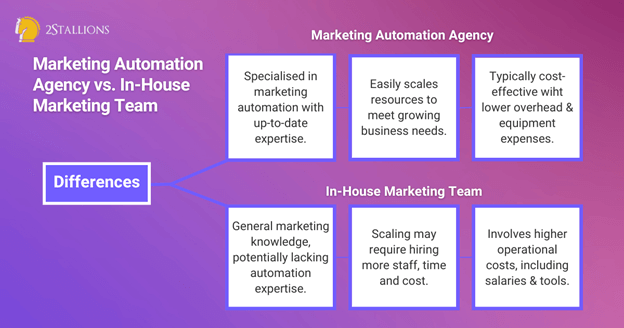 The common question business owners ask is, “Why shouldn’t I just do marketing automation myself or get it done in-house?” While your in-house marketing can pull it off, working with an agency is a more viable solution for many reasons.
The common question business owners ask is, “Why shouldn’t I just do marketing automation myself or get it done in-house?” While your in-house marketing can pull it off, working with an agency is a more viable solution for many reasons.
1. Industry Expertise
When you hire an automation agency, you can choose from the most experienced companies in the industry. You’ll also work with a team of experts who can help you plan, manage, and optimise your marketing automation strategy.
2. Business Scalability
Scaling your marketing efforts takes a vast amount of time. For instance, you plan to email drip campaigns and monitor their results afterwards. Of course, you’ll also need relevant content to nurture your subscribers and drive customer action.
With a digital agency, you can quickly scale your business without burdening your employees—agencies house team members with diverse specialities who can help you meet your growing business needs.
3. Software and Tools
The best thing about hiring an automation agency is that you wouldn’t need to worry about purchasing marketing tools. Your partner agency has all the necessary resources—from automation software to customer relationship management platforms and other technologies.
4. Cost-savings
Most business owners believe that hiring a marketing automation agency is costly. The truth is managing an in-house marketing department costs more. You’ll have to hire more staff so your company can scale quickly, which requires more expenses, including salary and benefits.
When you team up with an agency, you won’t need additional overhead, equipment, and training. You’ll only need to pay a retainer fee for the marketing services received. And if you have a little extra room in the budget, you could use that money to run campaigns.
Wrap-Up: Automation is the Key
The digital landscape is evolving quickly. You’ll fall behind your competition if you aren’t attracting enough leads, engaging well with your prospects, and building healthy customer relationships.
Leverage all your business’s platforms (e.g., email and social media) to reach and retain more customers—something marketing automation does exceptionally well.
We understand that automation software solutions can be tricky and complicated to navigate. The automation process can also be dreadful and time-consuming. But that shouldn’t stop you from adopting automation.
At 2Stallions, we help brands use marketing automation and implement effective automation campaigns. Our team will ensure you get more customers to your website and keep them returning.
Get your free quote today and kickstart your marketing automation journey with us!
Originally published: 30 June, 2022
Updated: 11 October, 2023
Revolutionise Your Efforts With Our Expert Marketing Automation Services! Experience efficiency, growth, and results like never before. Get ready to supercharge your strategy and transform your business today!
Frequently Asked Questions About Hiring a Marketing Automation Agency
”What
A marketing automation agency is a specialised firm that helps businesses implement and manage marketing automation software and strategies. Their services can include setting up automated email campaigns, lead scoring, customer segmentation, and analytics to improve marketing efficiency and effectiveness.
”Can
- Saving Time: Automating repetitive tasks frees up time for focusing on strategy and creativity.
- Personalising Communication: Automated tools can help deliver personalised messages to different customer segments.
- Improving Customer Experience: Providing timely and relevant communications improves overall customer experience.
- Increasing Efficiency: Streamlining marketing processes leads to increased operational efficiency.
- Tracking and Analytics: Offering insights into customer behaviour and campaign performance to help make data-driven decisions.
”Is
Marketing automation and Customer Relationship Management (CRM) are distinct but closely related tools.
- Marketing Automation: Focuses on automating marketing processes like emails, social media posting, and lead generation.
- CRM: Focuses on managing a company’s interactions with current and potential customers, tracking customer information, and supporting sales processes.
- Integration: When integrated, marketing automation and CRM can provide a more comprehensive view of customer interactions, helping to create more targeted and effective marketing campaigns.
”Is
Marketing automation is not AI, but it can incorporate AI technologies to enhance its capabilities.
- Automated Decisions: AI can help make decisions based on customer behaviour, preferences, and data patterns.
- Personalisation: AI can analyse data to create highly personalised content and product recommendations.
- Predictive Analytics: Utilising AI to predict future customer behaviours and trends to optimise marketing strategies.
- Chatbots and Virtual Assistants: Using AI to provide instant customer support and personalised assistance.
While marketing automation can significantly enhance the efficiency and effectiveness of marketing efforts, incorporating AI can take it to the next level, offering even more personalised and data-driven strategies.


